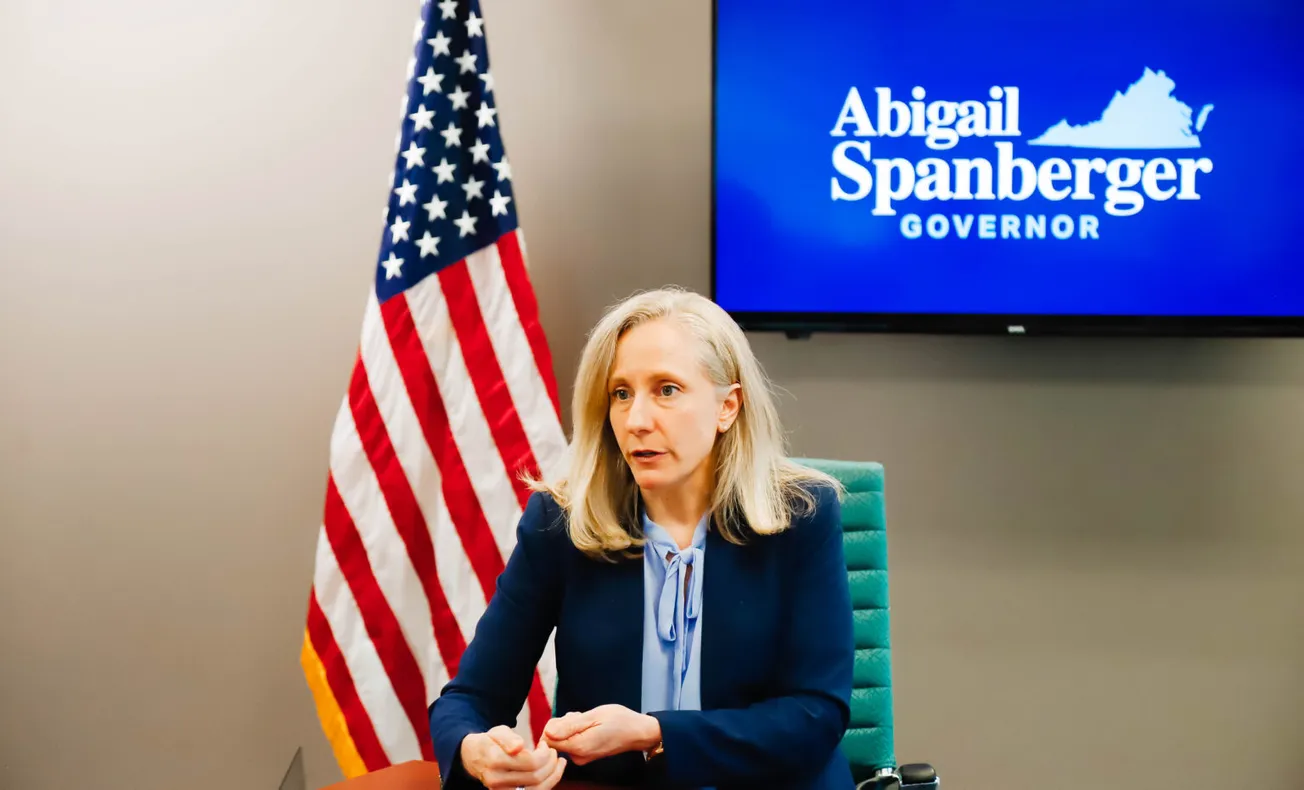On the record: Abigail Spanberger
Part two of The Virginia Mercury’s On the Record series examines Democratic gubernatorial candidate Abigail Spanberger’s positions on some of the state’s most pressing issues

Part two of The Virginia Mercury’s On the Record series examines Democratic gubernatorial candidate Abigail Spanberger’s positions on some of the state’s most pressing issues
